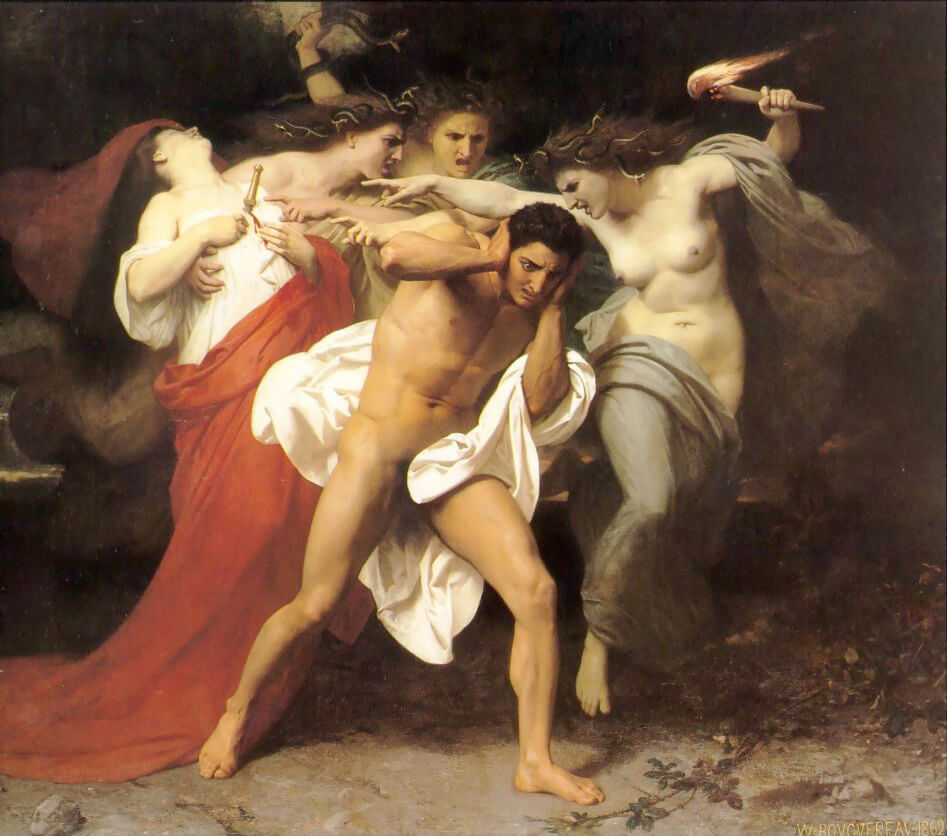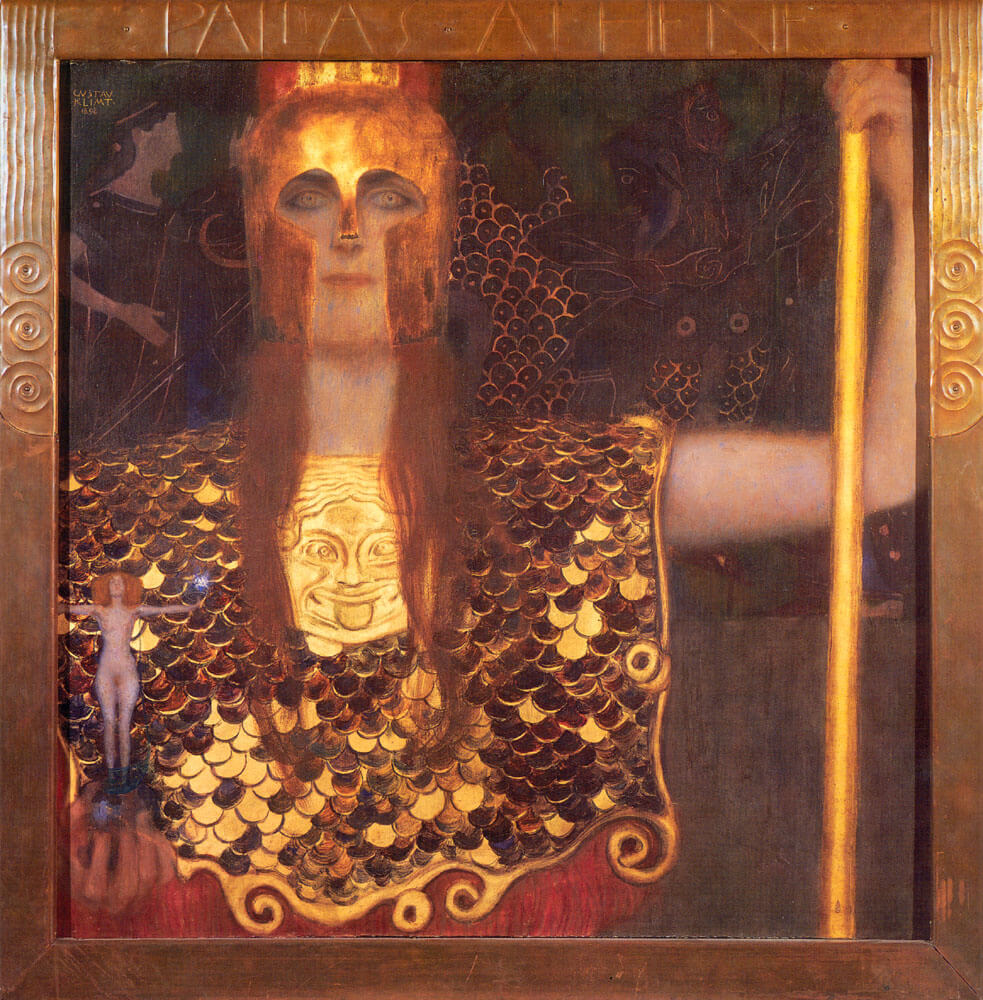I’ve been working hard on writing projects this past month or so, after a longish recovery period from a tonsillectomy and a series of lectures and workshops in January. Last month, on a trip to Powell’s Books in Portland, I stumbled across a treasure, which has had me looking at my patron goddess Athena in a whole new light, and with new depth. The book is Athene: Image and Energy, by Ann Shearer. I’m still working my way through it, but I’ve been astonished at the wonderful insights she has about Athena that haven’t occurred to me before.
I’ve identified with Athena more closely than with any other mythological character for a long time. The painting that appears at the top of this blog post hangs in my living room. Her story speaks to me, and reminds me in many ways of my own, so reading about her in the book is proving insightful for my own life.
She has an origin story that is unusual among the Greek pantheon. She is the daughter of Zeus’ first marriage to the titan Metis, who is the goddess of cleverness. However, it is prophesied that Metis’ second child will be a boy, who will overthrow Zeus in the same manner in which he overthrew his own father Cronus, so Zeus swallows Metis whole while she is still pregnant with Athena. It is this act which allows Zeus to remain as king of the gods, as he now embodies both power and cleverness, both of which he needs to rule in the world as it changes.
After some time has passed, Zeus develops a terrible headache, one might even say a “splitting” headache. To ease the pain, Hephaestus (or another of the gods, depending on the myth; this changes) splits Zeus’ head open with an axe and Athena emerges with a battle cry, fully clothed and wearing armor.
Athena is the goddess of battle strategy and weaving, and her myths are many, as she loves to assist heroes, particularly Odysseus, but the part of her story on which I would like to focus today concerns her final decision-making at the trial of Orestes, son of Agamemnon.
This myth comes to us from the climax of Aeschylus’s play The Eumenides, which is the final play of his Oresteia, about Orestes. Orestes is being tried for the murder of his mother Clytemnestra, which was a revenge killing for her murder of her husband Agamemnon, which was revenge for his sacrifice of their daughter Iphigenia at the beginning of the Trojan War. It’s a complicated story, but I want to focus on Athena’s role at the end of the trial.
The trial had to decide if it was worse to kill your mother than to fail to get revenge for your father’s death. Orestes has been pursued by the Furies since he killed Clytemnestra, and they demand his blood in payment for the matricide. 
Athena ultimately decides for Orestes:
It is now my office to give final judgement;
and I shall give my vote to Orestes.
For there is no mother who bore me;
And I approve the male in all things, short of accepting marriage,
With all my heart, and I belong altogether to my father.
Therefore I shall not give greater weight to the death of a woman,
One who slew her husband, the watcher of the house;
Orestes is the winner, even should the votes be equal.
I’ve long struggled with this section of the play. Athena is my hero, and the goddess with whom I identify the most. How can she make what seems to be a decision which discounts the feminine part of her nature so much? However, Dr. Shearer’s book has shed a lot of light on the reasons why Athena had to make the choice that she did that day.
In essence, Athena’s role here is to balance the competing needs of the older, cthonic, matriarchial line that existed earlier in Europe, as represented by the Furies, and the new sky gods, as represented by Orestes and Apollo, who is making arguments on Orestes behalf. She must break the cycle of blood vengeance that the Furies are demanding, and as part of that process the Furies become “The Kindly Ones,” honored by the citizens of Athens.
Shearer says this:
“IN giving the ostensible judgement for the masculine order over the ancient feminine way, she breaks forever the old cycle of blood vengeance and secures Apollo’s allegiance for her city as well. If she had found for the Furies, and so for Clytemnestra, nothing would have changed. Her own nature, which is to move us continually from being blindly driven to greater consciousness, would have been betrayed.” (emphasis mine)
It is this part of Athena’s nature that speaks to me most, I think. As I continue to meditate upon her and the archetypal energy she represents in my life and the lives of others, she reminds me of my own efforts to drive toward my own greater consciousness and away from blind drives. May she do the same for you.

